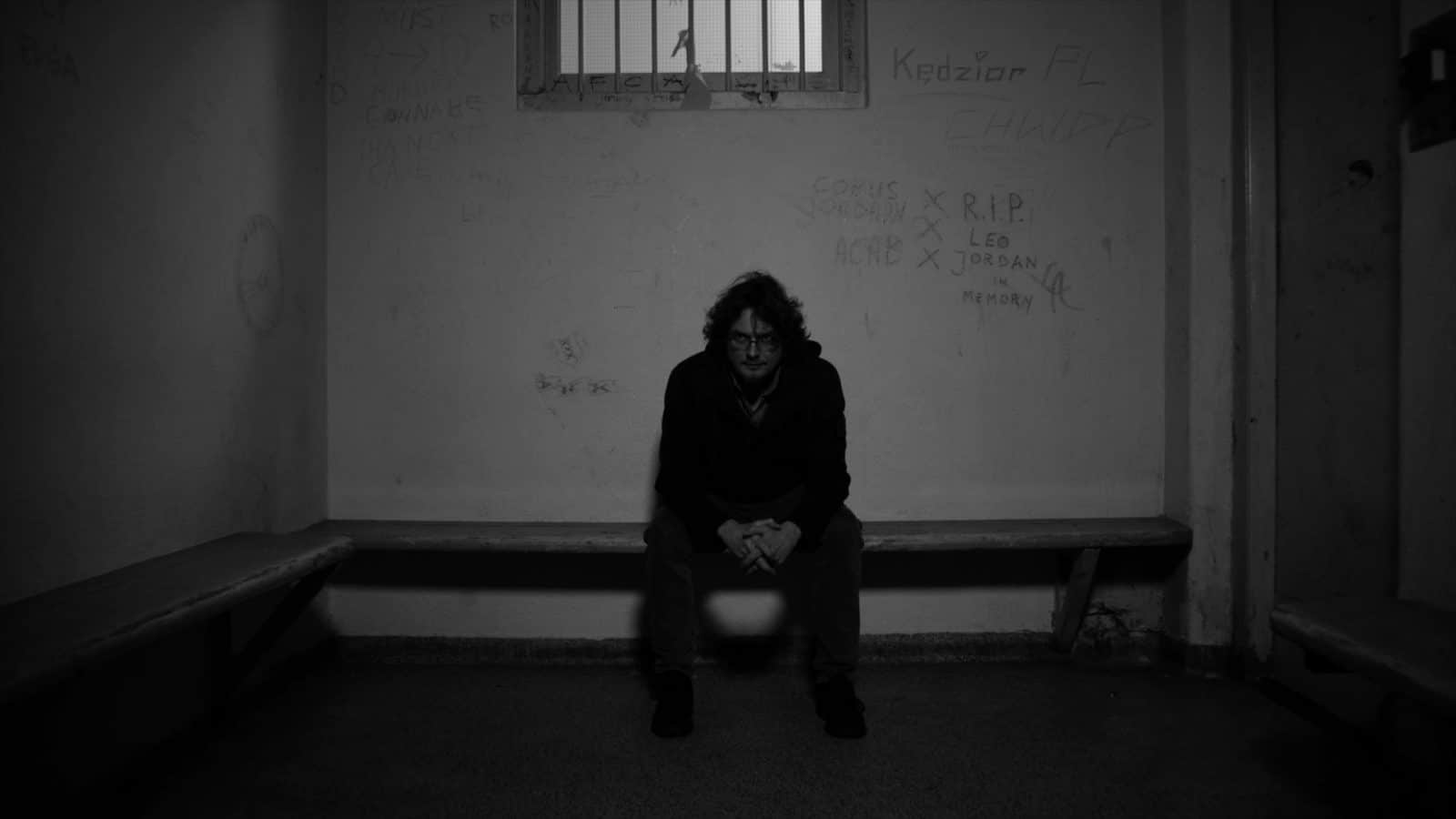50 years ago was 1968, a year in which remarkably memorable events took place. The student protest in Paris, for instance, the assassination of Martin Luther King, the opening of Paradiso, the first astronauts to the moon, the Prague Spring. And not forgetting the denouement of the so-called Donkey trial, in which writer Gerard Reve was charged with "narrow blasphemy". Now cause for a film about freedom and art.
It has been seen by Erik Lieshout and Tom Rooduijn is not only a retrospective but also a contemporary reflection that shows how artists still have to deal with taboos and prejudice. Like Kristien Hemmerechts and Tinkebell (both in the film), who faced waves of hate mail. Hemmerechts because of her novel inspired by the Dutroux case The woman who fed the dogs. Tinkebell because of a handbag made of cat fur.
Parliamentary questions
At the time, Reve had appeared in Closer to you and another publication fantasised about the return of God in the guise of a mouse-grey donkey, and about the loving, most intimate union that would follow. "I will understand Him and go to bed with Him at once, but I put bandages around His hoofs, so that I don't get too many scratches, when He spasms at cumming."
SGP MP Van Dis asked parliamentary questions about it and the Amsterdam public prosecutor's office proceeded to prosecute. The court ruled that although blasphemy was involved, it was also not defamatory. Nevertheless, Reve appealed to get the blasphemy off the table as well. Before the Supreme Court, he conducted his own defence with a brilliant plea, later published as a booklet, followed by a final acquittal on 2 April 1968. Not coincidentally, the premiere of It has been seen this week at Amsterdam cinema The Ketelhuis also takes place on 2 April.
Plea
NTR and Tom Rooduijn, who had already covered the donkey trial as a radio producer, approached director Erik Lieshout (To Stay Alive - A Method) for a film about the case. "I resisted at first," he confesses, "because I was afraid it would be some kind of Other Times would become. Until I got the idea of having contemporary artists who themselves have been in trouble read Reve's plea and reflect on their own experiences."
On possible similarity to Other Times - with all due credit to that programme - we need not worry. The imaginative and partly shot in the now dismantled courthouse It has been seen is more than your average documentary. Rather, it is a cinematic performance, photographed in austere yet rich black and white, in which then and now intertwine seamlessly.
Taboo number 1
With, on one side, the writer Tom Lanoye who believes that the artist's freedom cannot be limitless. He sees the law and the rule of law as hallmarks of our civilisation. On the other hand, comedian Hans Teeuwen argues that it is precisely the artist who must say what is not being talked about. Although he admits to having hesitated on the subject of Islam himself, as he did with the Hells Angels.
Mano Bouzamour talks about the fierce and mostly disapproving reactions from the migrant community following his acclaimed debut novel The promise of Pisa. Criminal lawyer Gerard Spong, who is often associated with high-profile criminal cases, is also in attendance.
The one who perhaps took the brunt of it was the writer A.H.J. Dautzenberg. He had taboo number one to deal with when he protested against the far-reaching condemnation of paedophiles. As a non-pedophile, he decided to become a member of the controversial association Martijn - without, incidentally, condoning actual sex with children. That and other controversy earned him dismissal from the Fontys University of Applied Sciences.
Discomfort

Is all this a matter of great social importance, as stated in the accompanying press kit?
According to Lieshout, the film is a plea for art as a pathfinder of ideas and views. Almost by definition, this is art that is awkward and uncomfortable. But it has to be there. Only in dictatorships is there no room for such art. That art would be a luxury that only costs subsidies he thinks is a dangerous idea.
To which he casually recalled that in Germany and Austria, freedom of art is included in the constitution. Here, it falls under freedom of expression.
Borders
So is an artist allowed more than a mere mortal? "There are no one-size-fits-all formulas," says Lieshout. An author can perform an anti-Semitic character in a novel, but that is different from publishing an anti-Semitic shot, he agrees. Then the writer comes into conflict with the law. "That boundary is not always exactly fixed. There is always room for discussion."
Indeed, there are still plenty of thorny issues remaining in It has been seen are not discussed, but which do touch on the theme. Think of the new prudery, such a riot at the Frankfurt Book Fair around a far-right publisher, or rappers with nasty lyrics.
Plenty of material for the discussions that followed the performances of It has been seen scheduled in a number of movie theatres. Lieshout hopes there will also be room on television for a discussion event when the film airs in October.
Screening and discussion
Displays of It has been seen with subsequent discussions on freedom of expression, politics and art are scheduled in:
De Balie Amsterdam, Wednesday 11 April 20:00. Great discussion afterwards with some of the artists from the film and makers Erik Lieshout (directing) and Tom Rooduijn (editing). Theodor Holman is also among the guests.
Film house O42 Nijmegen, Saturday 14 April 8pm. Present are Anton Dautzenberg and Erik Lieshout. Dautzenberg leads the follow-up discussion.
Filmtheater 't Hoogt Utrecht, Sunday 15 April 16:00.
The Hague film house, Tuesday 24 April 19:00. Erik Lieshout is present, along with (with reservations) Hans Teeuwen.
